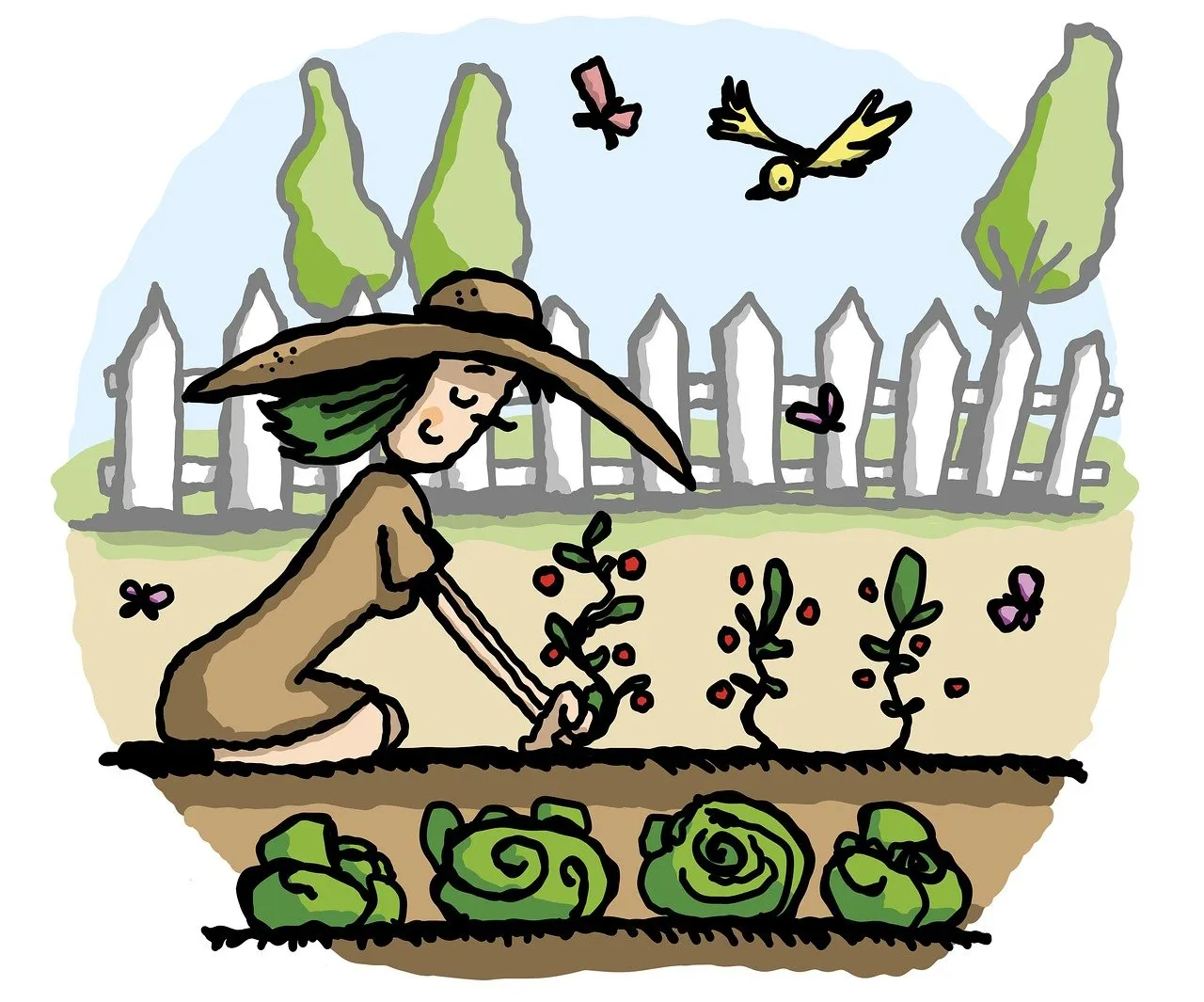When you have a vegetable garden you quickly notice the difference between nutrient-rich soil and nutrient-poor soil. The size and health of the vegetables have nothing to do with each other.
The temptation to use mineral or chemical fertilizers is strong. These are fertilizers that work well in the short term and above all they are very simple to use. You open the bag and spread it cleanly on the ground with a little water.

https://pixabay.com/es/illustrations/jard%C3%ADn-jardiner%C3%ADa-huerta-tierra-7833569/
I am not going to go into the ecological problems that these types of fertilizers cause in their production chain. I am going more to focus on the local aspects of what interests us personally. These types of fertilizers that work well in the short term kill the soil in the long term and will always make you dependent on them. Logically, the objective of companies is that you continue buying indefinitely.
That is why compost is so important. Compost is a fertilizer that works well in the short term and much better in the long term because it enriches the soil. It also improves the texture of the compost, which will make it much easier to work with.
Making compost is really easy, just buy or create your own compost bin. There are thousands of tutorials on the internet. Then you just have to throw away the organic waste from home and the garden. It's that simple.
A couple of tips. Make a balance between wet and dry materials. 2 thirds wet to 1 third dry. Try not to throw very large pieces into the compost bin or they will take a long time to decompose.
And another interesting thing about a compost bin. You will go to the trash a lot less often. Sometimes that is appreciated.
Thank you very much for supporting my blog and I look forward to your comments.!